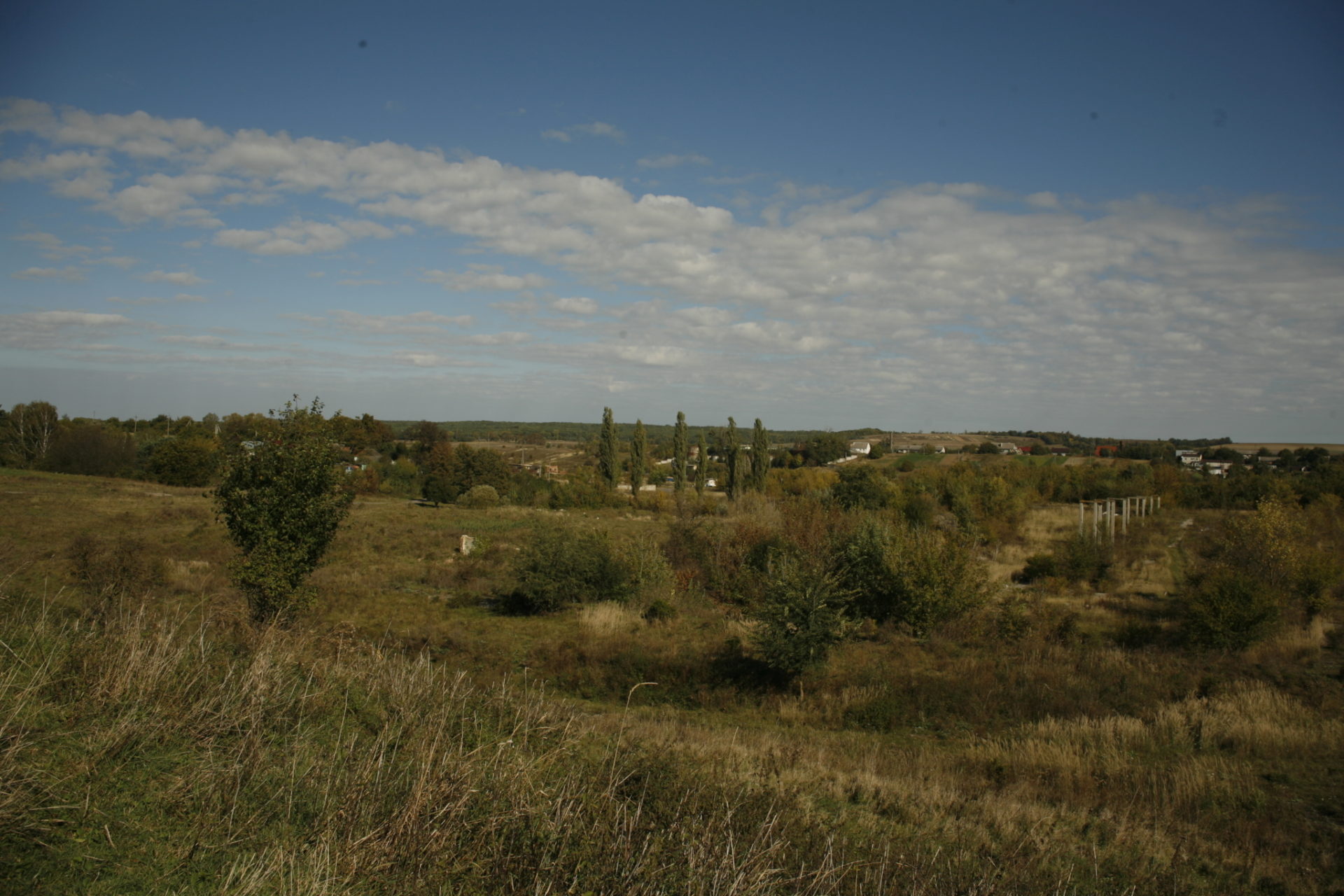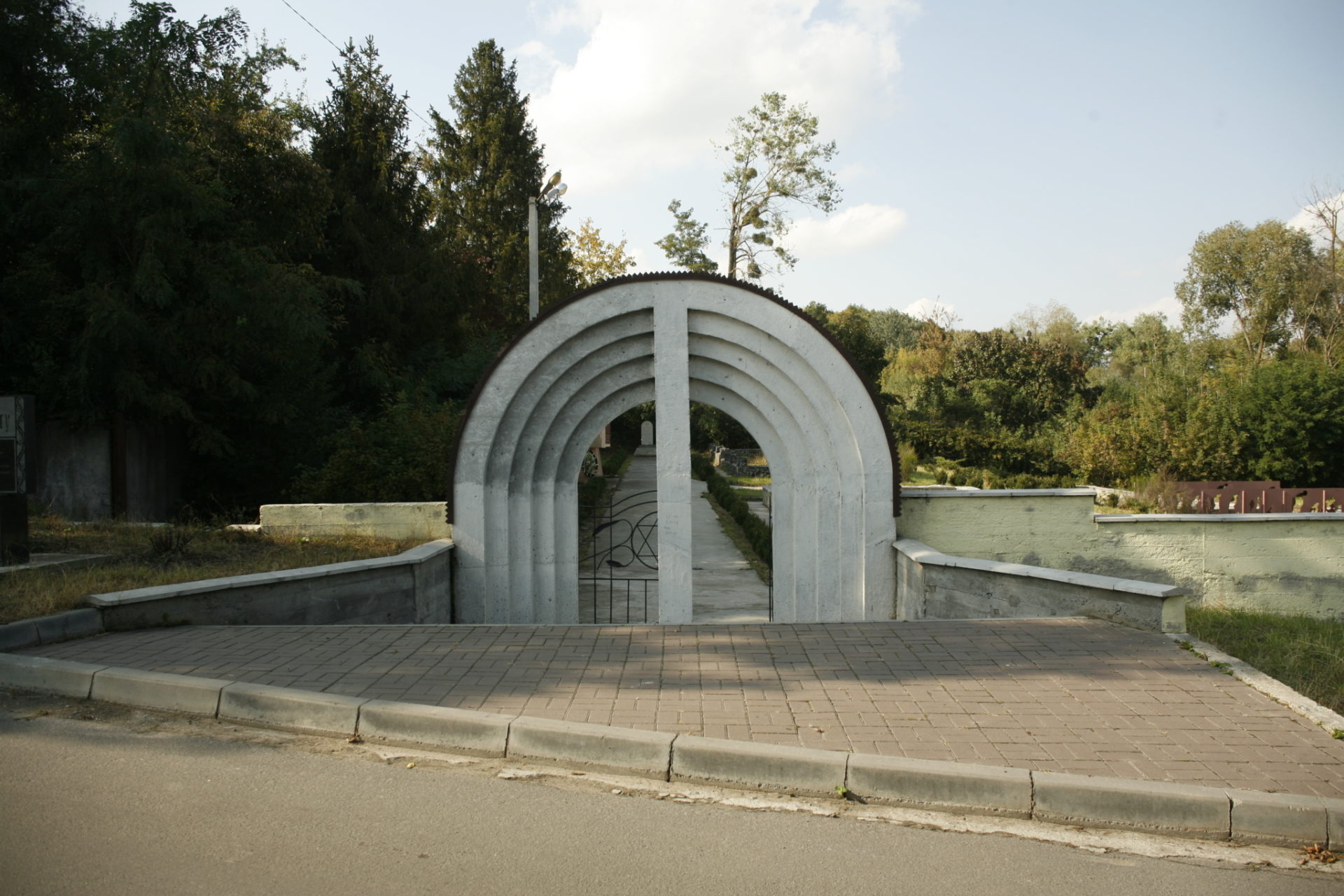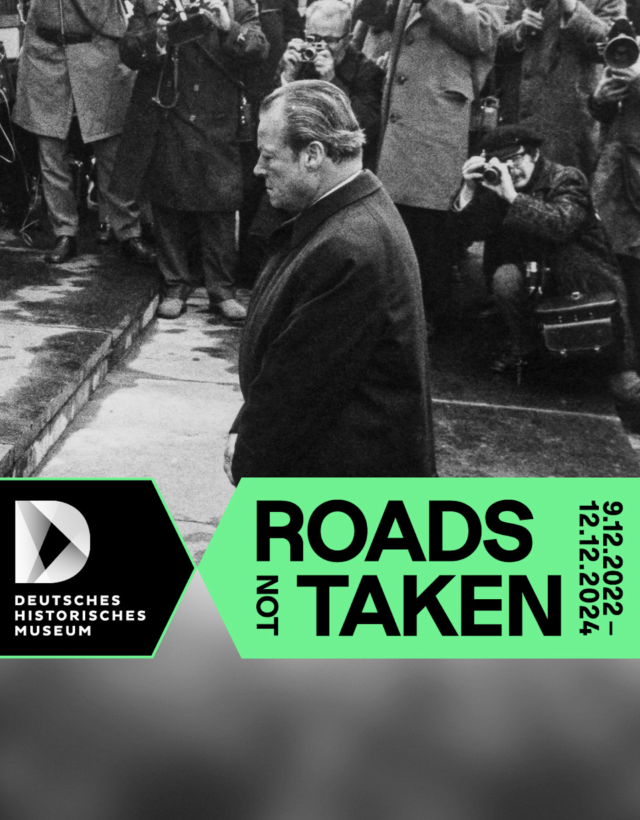The project focuses on the double experience of Ukrainian Jews, who had to live with a state policy of remembrance in the Soviet Union, but also in Ukraine, where Jewish and other victim groups remained excluded from official remembrance and were confronted with the gaps in Western memory after immigrating to Germany. Adopting a transgenerational perspective, it explores the hidden Jewish traces of memory as well as their patterns and practices of transmission. The project asks which other Jewish experiences of the Holocaust, which places, events and dates are significant in this hitherto marginalised memory, and what the implications are for the pluralisation of memory.

Based on an empirical study with Jewish families of different generations, the planned research and mediation project aims to add the perspective of Ukrainian Jews who have immigrated to Germany to the pluralisation of remembrance of the Holocaust and the Second World War. The results of the research will be made available to the general public in an accessible multimedia presentation, thus contributing to a diverse perspective on the culture of remembrance in Germany's immigrant society.

The Institute for the History of German Jews (IGdJ) was the first academic institution in the Federal Republic of Germany to conduct research into German-Jewish history. As an interdisciplinary research institution, it is dedicated to Jewish history up to the present day, to current issues of remembrance and commemoration, and to work with new media and digital technologies. The IGdJ also plays an important role in the transfer of knowledge to the general public by developing innovative communication formats.
Dr. Karen Körber, head of research unit contemporary Jewish studies at the Institute for the History of German Jews (IGdJ) is the project head of Blind Spot - The Memory of the Holocaust in Ukraine in German-Jewish Remembrance Culture, funded by the Alfred Landecker Foundation. Research assistants in the project are Dr Alexandra Klei and Sofya Chernykh.


